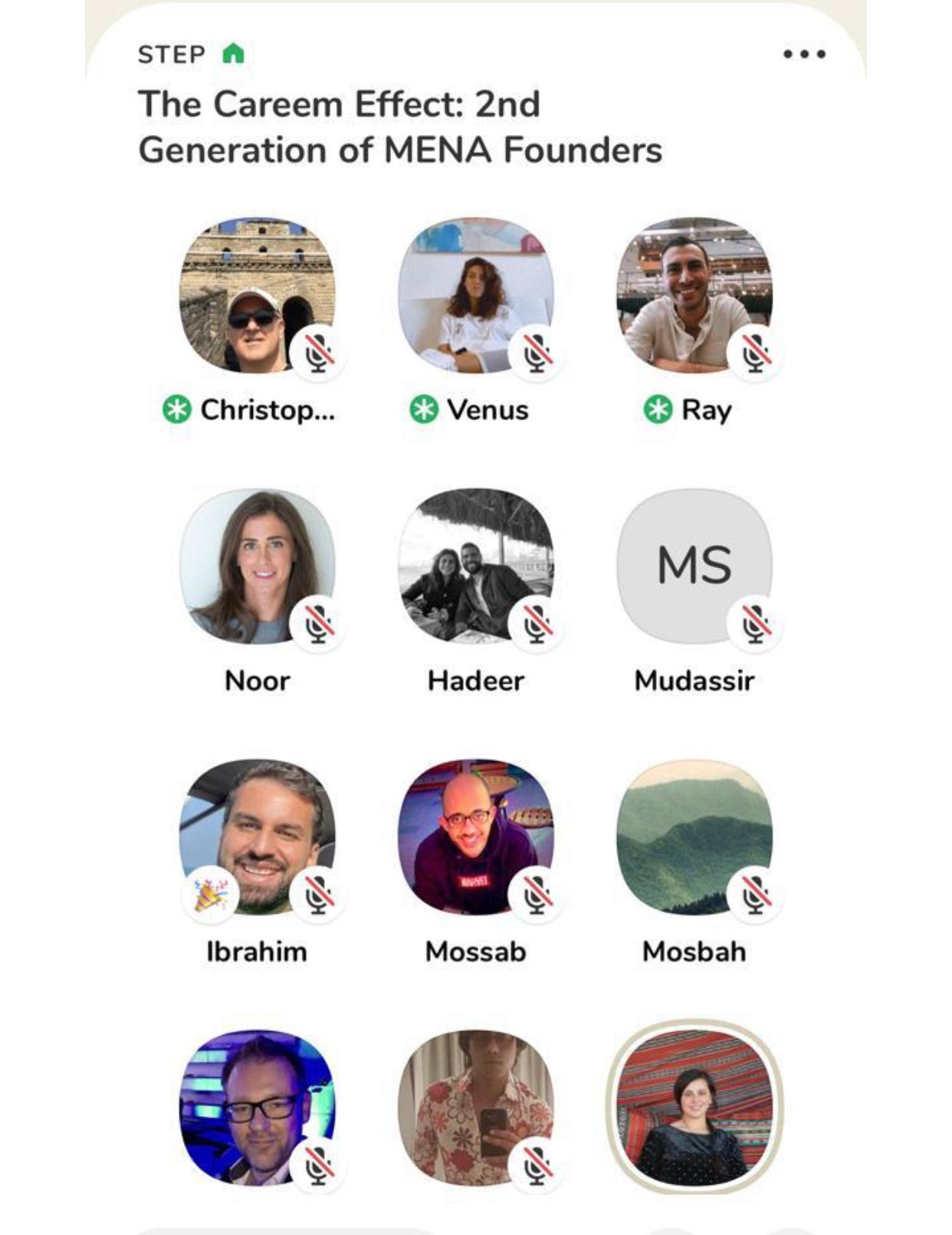The Careem Effect and The Rise of the Next Generation of Scale-up Tech Companies in MENA and Beyond
Five Lessons From the Front Lines of Growth
The “PayPal” effect has been a long-used term in Silicon Valley to describe when a company rises to great success it spins out a new generation of entrepreneurs. PayPal’s Max Levchin eventually launched Affirm, Reid Hoffman LinkedIn, Elon Musk, well, apparently everything. Thousands of alumni from PayPal and almost every major tech company have taken lessons to create astounding companies who, in turn, have employees spinning out their own and so on.
The power this effect has in any, especially rising, ecosystem is two-fold. The first is psychological - simply put, it can be done. One’s imagination tends to be based off of a previous success, and when someone like you takes an idea to the stratosphere you know you can do it also. The second is pure learning and pattern recognition. Scaling enterprises ain’t easy, and especially in the early days an aspiring entrepreneur can go to school on previous experiences to emulate or avoid in her own attempt.
What is so exciting about what I get to see in the rise of great tech enterprises solving massive problems across the globe is that this phenomena needs new names. We will now be talking about, for instance, the Grab or GoJek Effects in South East Asia; Mercado Libre and Nubank Effects in Latin America; The Twiga Effects in Africa and more.
Last week on Clubhouse I joined Ray Dargham, co-founder and CEO of Step, the leading ecosystem support, content and conference in the Middle East, and their content director Venus Kaassamani, to explore what we have dubbed the “Careem Effect” for the region, though it could certainly be the Aramex, Maktoob, souq.com among other effects also . We were joined by venture capital leader of Global Ventures, Noor Sweid, and former Careem early employee Hadeer Shalaby, now at regional food delivery company, Talabat. 500 entrepreneurs in the region and around the globe joined us, including many Careem veterans. Excitingly the great co-founder of Careem Mudassir Sheikha popped on stage and stayed the whole time, as did Global Markets Managing Director Ibrahim Manna and former Careemer Mossab Hussein (now cofounder of Spidersilk) among others.
The lessons were remarkable and global:
1. Set the culture early and re-enforce it in every action. Culture is easy to write on a piece of paper but to implement it when you go out and hire five-times the people in a matter of months, it can be the first thing to slip. Mudassir came back to this repeatedly, and Hadeer lived it at Careem and is a focus she brings with her in her new enterprise: “Previous experience can be important, but early on the best thing is to hire fast learners and then complementing them with experts in later stages. One may not need to know, can know, how to crack it but one needs to hire people who could. It starts with hiring and firing for culture fit and not just for pure talent.”
2. Local understanding and sensitivity is competitive edge. I remembered when Careem initiated something so simple and so obviously important to the countries they were in — allowing transactions to be paid in cash — I was with a top global executive at Uber in SF who mocked it. “They are building services for the last century, we are building for the next and no one will use cash.” Well, a year later Uber was offering it also. Careem vets noted on stage that Uber tried to also push discounts and rewards to customers. Careem, however, understood that the key was to make sure their captains didn’t cancel rides. Sensitive to the focusing on captain and customer experience and support was what mattered.
3. As an extension, there are lessons to learn from experience or competition, but the focus has to be simply on what your customers need in your markets. Mudassir couldn’t be more blunt: “Don't do it. While it makes sense and easy to copy what your competitors do in other markets, YOUR reality is what matters.” No doubt as Careem looks to expand into the region’s first “SuperApp” there are lessons from China and Grab among others - but what distinguishes oneself to one’s market and region is where success lies. As a global venture capitalist who has leveraged pattern recognition across sectors in rising markets, this was a powerful reminder for me as well.
4. Stay connected with alumni. Careem alumni have meetings or zoom calls every other month to stay in touch, compare lessons learned, and improve their leadership in their new enterprises.
5. Your work is never done. Just when you think you are winning in a market, it is humbling to remember how much more needs to be done. Even today, for emerging countries like Jordan, Pakistan, Egypt Careem still barely reaches a fraction of potential customers. Mudassir noted: “There are millions of people and we haven't transformed yet. We have lot of work to do.”
One participant asked what it meant that some of the larger companies in the region are global teams - shouldn’t one aspire to have Arab-only “effects.” Noor was direct: “Globally competitive success is not about where the founders are from per se but about the viability of the region.” Success will bring success. “Disruptors like Careem need flexible and frictionless support by government and regulations because their long term impact on the economy will be huge in an indirect way. 80+ startups have already been launched by ex-Careemers and their success will bring even more funds from and into the region.”




